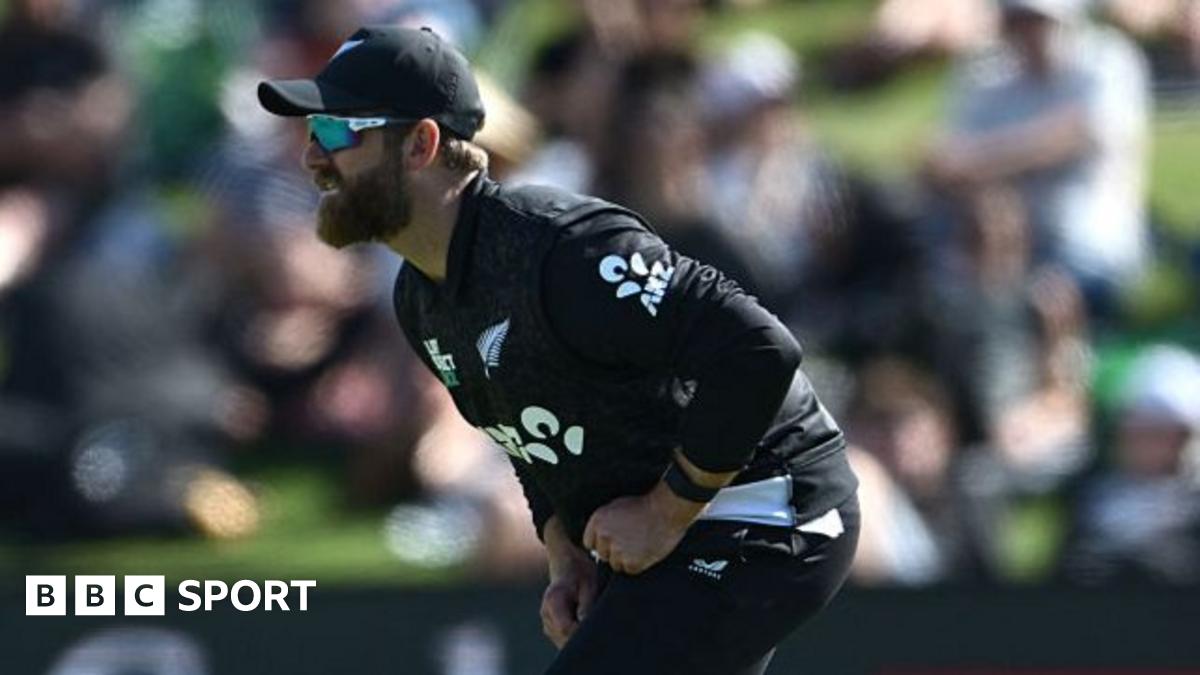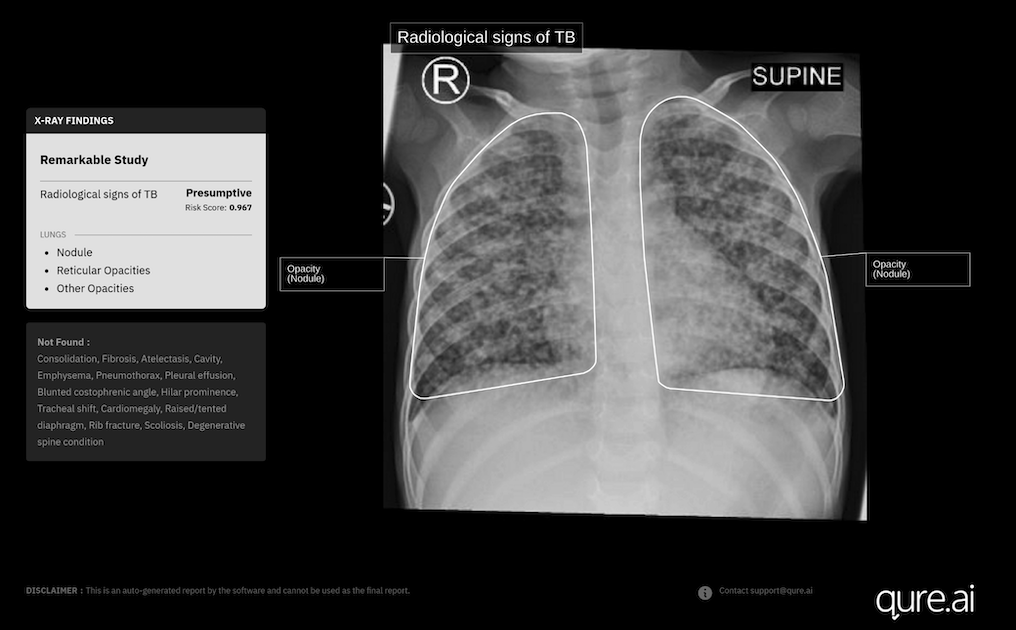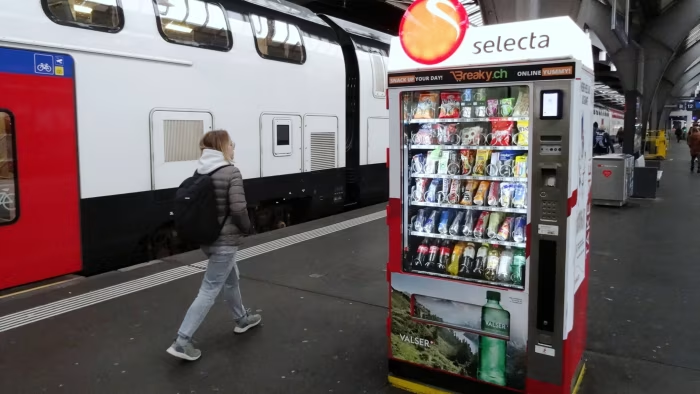As dengue cases in the Pacific reach their highest levels in a decade, new James Cook University (JCU) research highlights how human movement and weather patterns contribute to outbreaks in the region.



Anomaly detection use case will be demonstrated live with partner Q-KON at AfricaCom 2025
Herndon, VA, 28 October 2025 – ST Engineering iDirect, a global leader in satellite communications, today announced its AI-powered network analytics platform proof of concept that enables operators to anticipate and resolve network issues before they escalate. This underscores how real-time insights, predictive analytics, and anomaly detection are reshaping satellite network operations.
ST Engineering iDirect’s platform leverages both historical and real-time data—such as weather patterns—to predict throughput, identify anomalies, and drive proactive interventions. By minimizing downtime and maximizing network reliability, it empowers operators to meet customers’ expectations and deliver exceptional service by ensuring uninterrupted connectivity. The platform will help operators cut operating expenses, streamline resource management, and transition from manual to autonomous workflows, driving greater customer satisfaction and operational efficiency.
“Our strategy goes beyond connectivity. We’re developing value-added applications that help our customers run smarter, more resilient operations and create a true competitive edge,” said Sridhar Kuppanna, CTO and SVP of Engineering at ST Engineering iDirect. “By enabling operators to resolve issues early, optimize resources, and boost workforce efficiency, our network analytics platform advances both business outcomes and customer satisfaction.”
The platform was recently validated in a real-world use case. Q-KON, a leading provider of satellite communication solutions in Africa, utilized ST Engineering iDirect’s platform to detect anomalies affecting network performance. The early identification of a recent installation error allowed Q-KON to take corrective action and avoid service degradation, directly improving customer experience and operational performance.
“The insights gained from ST Engineering iDirect’s network analytics platform will be transformative,” said Dr. Dawie De Wet, CEO of Q-KON. “The ability to predict and prevent issues before they impact service will raise our operational standards, ensure reliable connectivity for our customers and enable us to offer advanced service packages.”
Live demonstrations of the platform will be hosted at Stand C63 during AfricaCom 2025, Nov 10-13, 2026. Register today.
*****
Media contact:
Martyn Gettings Tank PR
Email: martyn.gettings@tank.co.uk

For three days only or until supplies last, Woot (owned by Amazon) is offering an incredibly low price on Beats’ flagship headphone. You can pick up a pair of Factory Reconditioned Beats Studio Pro wireless noise canceling headphones that…

New Zealand: Will Young, Rachin Ravindra, Kane Williamson, Daryl Mitchell, Tom Latham (wk), Michael Bracewell, Mitchell Santner (c), Nathan Smith, Zak Foulkes, Blair Tickner, Jacob Duffy
England: Jamie…

A new observational study published in

In an interview with The News-Letter, sophomore Angelina Dong recounted her experiences as a Woodrow Wilson Undergraduate Research Fellow at the Hoke lab under Dr. Ahmet Hoke at the Hopkins School of Medicine….

Skip…

Islamabad, Pakistan – After three days, talks between Pakistan and Afghanistan in Istanbul, aimed at ending a tense and violent standoff between the South Asian neighbours, appeared to have hit a wall in Istanbul on Tuesday.
Mediated by Qatar…

Using transformer-based AI, scientists created a full life-cycle biological clock that predicts future disease risk and uncovers the separate biological rhythms of growth and aging.
Study: A full life cycle biological clock based…

Unlock the Editor’s Digest for free
Roula Khalaf, Editor of the FT, selects her favourite stories in this weekly newsletter.
Hedge funds have adopted a new tactic in the distressed debt wars, arguing in a New York lawsuit filed on Tuesday that heavy-handed deals violate US anti-monopoly and cartel laws.
Manulife’s CQS, Algebris Funds and Deltroit Asset Management claim they were cut out of a deal that handed a group of other similarly situated bondholders disproportionate economic benefits in a debt restructuring earlier this year.
The lawsuit, which relates to the recent restructuring of Swiss vending machine operator Selecta, represents the first time that competition law has been invoked as an alleged charge of wrongdoing in the increasingly fractious realm of distressed debt litigation.
The claimants allege that a so-called co-operation agreement struck between the majority bondholders — a group that included Invesco, Man Group, Strategic Value Partners and Diameter — was specifically designed to keep the bulk economic benefits of a bond exchange from those not invited to join.
According to the complaint, the bonds currently held by the majority group trade at more than 70 cents on the dollar while the minority group has paper trading at half that level.
“The co-operation agreement is a classic example of an anti-competitive and collusive agreement between competitors . . . to control the price for Selecta Group BV’s first lien debt”, the complaint said. It alleged the agreement violated the federal Sherman Act and the New York state Donnelly Act.
So-called non pro-rata debt restructurings, where lenders or bondholders holding equally-ranked paper get different payouts, have proliferated in the US over the past decade. But only in recent years have European companies attempted such manoeuvres.
The Selecta deal drew attention this year among analysts and investors for what was believed to be one of the most complex and aggressive bond exchanges in recent memory.
Selecta, which was previously owned by KKR, had sought a solution to upcoming maturities in a near €1.5 debt stack it could not pay off.
The majority bondholder group used Dutch law on distressed disposals to take control of Selecta, and then offered a coercive bond exchange to the smaller holders.
That offer presented the smaller holders with a choice to either keep their existing paper, but pushed to the bottom of the creditor hierarchy, or take new senior paper which gave the majority group the ability to strip covenants and other protections ahead of potential future transactions through which the majority group could extract even more benefits.
Litigation over non-pro rata debt exchanges has typically centred on contract or securities law, which generally requires unanimous or supermajority approval within a class of creditors to change debt terms or execute a refinancing transaction.
Theories about how competition law may apply in intra-class disputes have surfaced in recent debates between academics and advisers.
However, those had focused on circumstances where a debtor company declared that a creditor co-operation agreement was anti-competitive, not a dispute between creditors as with Selecta.
The plaintiffs, who have separately alleged the restructuring violated contractual provisions of the bond indenture that required 90 per cent support for the deal, are requesting damages.
Samir Parikh, a law professor at Wake Forest University in North Carolina, expressed scepticism about the chances of success of the minority bondholder’s claims, but said that such a lawsuit was predictable.
“Parties resorting to antitrust law is unsurprising given the strong desire to undermine co-operation agreements and the relative ineffectiveness of other levers that have been pulled to date.”